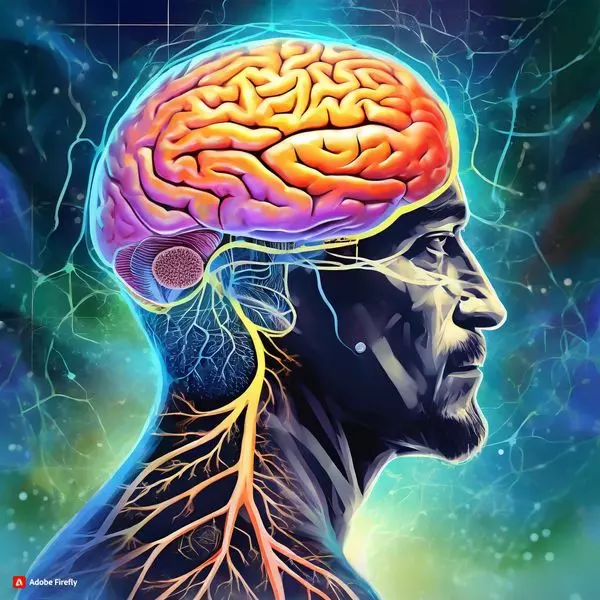A recent study conducted on mice has unveiled the intriguing connection between gut-produced hunger hormones and decision-making, shedding light on how these hormones can influence an animal’s behavior. Researchers at the University College London, UK, discovered that hunger hormones could cross the blood-brain barrier, directly impacting the brain and controlling a specific circuit likely present in humans.
The blood-brain barrier, which traditionally restricts various substances from reaching the brain, was found to be permeable to hunger hormones, according to the findings published in the journal Neuron.
In the study, mice were placed in an arena containing food, and researchers observed their behavior when hungry or full. Interestingly, only the hungry mice engaged in eating, emphasizing the direct link between hunger hormones and behavior.
Utilizing brain imaging techniques, the researchers focused on the ventral hippocampus, a part of the brain associated with decision-making and memory formation. They identified increased neural activity in a subset of brain cells in the ventral hippocampus when the mice approached food. This neural activity acted as an inhibitor, preventing the mice from eating. Conversely, when the mice were hungry, reduced neural activity in this brain region was observed, allowing them to eat freely.
The study also revealed a correlation between heightened levels of the hunger hormone ghrelin in the blood and the observed changes in neural activity. Experimentally activating these ventral hippocampal neurons led the mice to behave as if they were full, causing them to stop eating.
The researchers anticipate that these findings could contribute to understanding the mechanisms underlying eating disorders and exploring the connections between diet and various health outcomes, including mental illnesses. They plan to further investigate whether hunger influences learning or memory, examining if mice perform non-food-specific tasks differently based on their hunger levels. Additionally, the research may offer insights into similar mechanisms related to stress or thirst.
The study marks a significant step in unravelling the intricate relationship between gut-produced hormones, brain activity, and behaviour, potentially opening new avenues for understanding and addressing various health issues.
Also Read: Boosting Urban Development: India & ADB Ink $400 Million Loan Agreement












